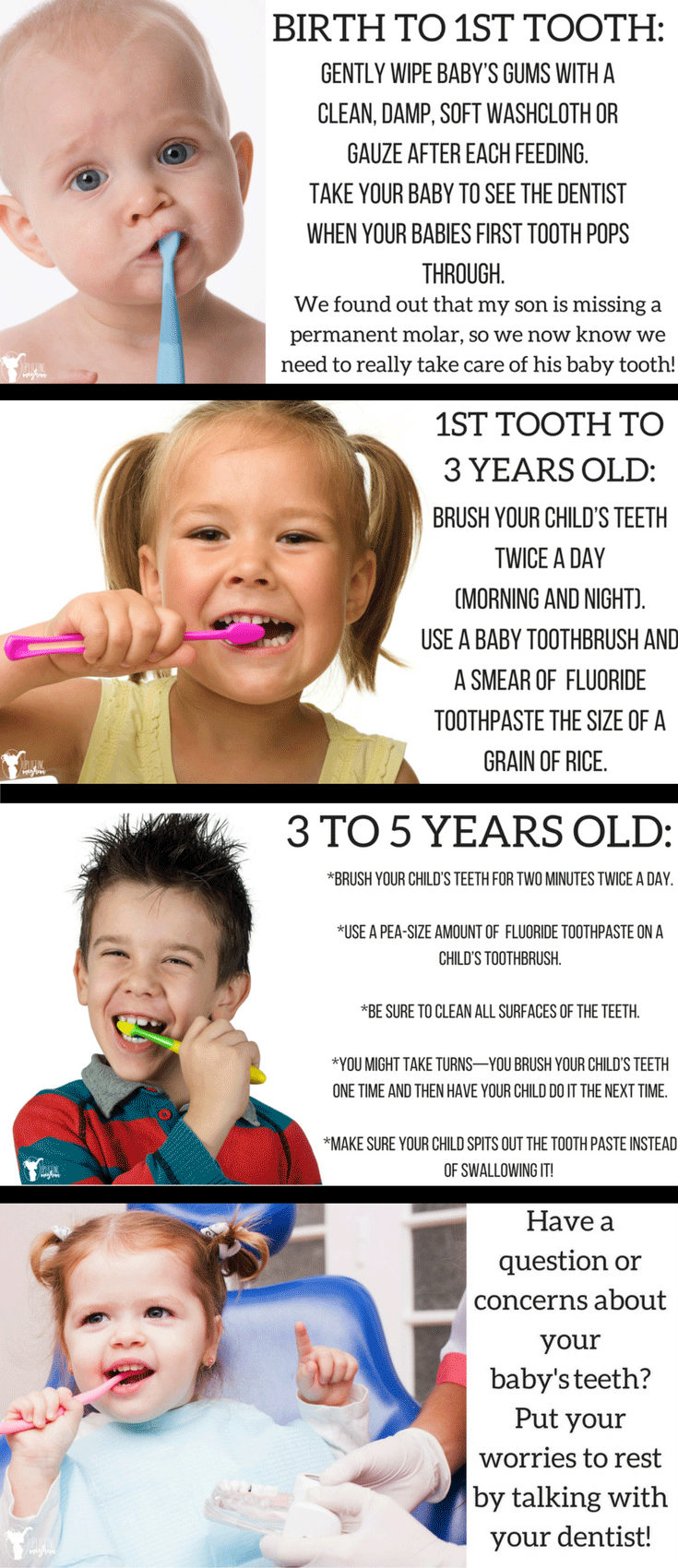
Taking Care of Babies’ Teeth: A Comprehensive Guide for Parents
Introduction
The health of your baby’s teeth is crucial for their overall well-being. Establishing good oral hygiene habits from the very beginning can help prevent cavities, gum disease, and other dental problems down the road. This comprehensive guide will provide you with all the information you need to take care of your baby’s teeth and ensure a healthy smile for years to come.
When Do Baby Teeth Start Growing?
Most babies start teething around 6 months of age. However, some babies may start as early as 3 months or as late as 12 months. The first teeth to appear are usually the two bottom front teeth, followed by the two top front teeth. By the age of 3, most children have a full set of 20 baby teeth.
Signs and Symptoms of Teething
Teething can be an uncomfortable process for babies. Some common signs and symptoms include:
- Drooling
- Irritability
- Chewing on objects
- Swollen gums
- Redness or inflammation of the gums
- Mild fever
- Difficulty sleeping
How to Soothe Teething Pain
There are several ways to soothe teething pain in babies:
- Gum massage: Gently massage your baby’s gums with a clean finger or a soft toothbrush.
- Cold compress: Apply a cold compress or a chilled teething ring to your baby’s gums.
- Teething toys: Offer your baby teething toys that are made of firm rubber or silicone.
- Over-the-counter pain relievers: If other methods don’t provide relief, you can give your baby over-the-counter pain relievers such as acetaminophen or ibuprofen. Always follow the dosage instructions carefully.
Cleaning Baby Teeth
Even before your baby’s first tooth erupts, it’s important to start cleaning their gums. Use a soft, damp washcloth or a finger brush to gently wipe away any bacteria or milk residue.
Once your baby’s first tooth appears, start brushing their teeth twice a day with a soft-bristled toothbrush and a pea-sized amount of fluoride toothpaste. Fluoride helps strengthen teeth and prevent cavities.
When to Visit the Dentist
Your baby should see the dentist for the first time within 6 months of their first tooth erupting or by their first birthday, whichever comes first. Regular dental checkups are essential for monitoring your baby’s oral health, detecting any potential problems early on, and providing guidance on proper oral hygiene practices.
Preventing Cavities in Babies
Cavities are a common problem in babies and young children. Here are some tips to help prevent cavities:
- Limit sugary drinks: Avoid giving your baby sugary drinks such as juice, soda, or sports drinks.
- Brush your baby’s teeth regularly: Brush your baby’s teeth twice a day with a soft-bristled toothbrush and fluoride toothpaste.
- Floss your baby’s teeth: Once your baby has two teeth that touch, start flossing their teeth once a day.
- Avoid sharing utensils: Do not share utensils with your baby, as this can transfer bacteria from your mouth to theirs.
- Regular dental checkups: Take your baby to the dentist regularly for checkups and cleanings.
Common Dental Problems in Babies
Some common dental problems that can occur in babies include:
- Cavities: Cavities are holes in the teeth that are caused by bacteria.
- Gum disease: Gum disease is an infection of the gums that can lead to bleeding, swelling, and pain.
- Tooth decay: Tooth decay is the breakdown of the tooth’s surface, which can lead to cavities.
- Malocclusion: Malocclusion is a misalignment of the teeth that can affect their function and appearance.
Treatment for Dental Problems in Babies
The treatment for dental problems in babies will depend on the specific problem. Some common treatments include:
- Fillings: Fillings are used to repair cavities and restore the tooth’s structure.
- Crowns: Crowns are used to cover damaged or decayed teeth and protect them from further damage.
- Extractions: Extractions are sometimes necessary to remove severely damaged or infected teeth.
- Orthodontic treatment: Orthodontic treatment can be used to correct malocclusion and improve the alignment of the teeth.
Conclusion
Taking care of your baby’s teeth is an important part of their overall health and well-being. By following the tips and advice provided in this guide, you can help your baby maintain a healthy smile for years to come. Remember to start cleaning your baby’s gums even before their first tooth erupts, and to take them to the dentist for regular checkups and cleanings. With proper care, your baby can enjoy a lifetime of healthy teeth and a beautiful smile.
